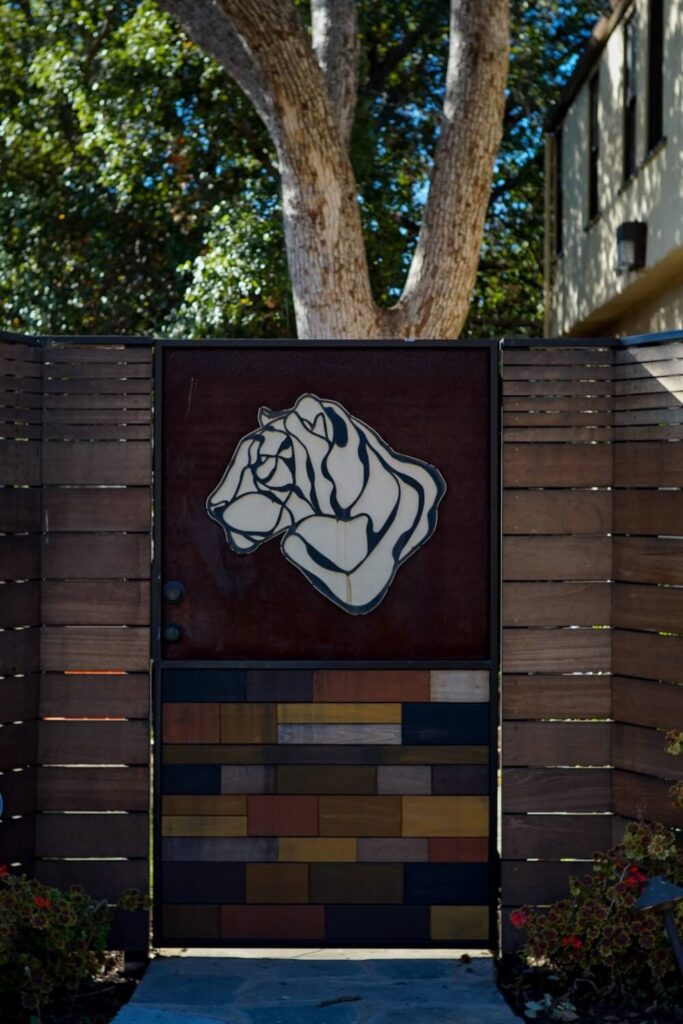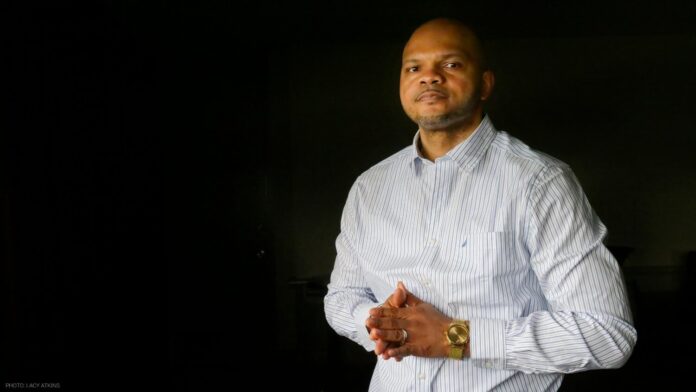Occidental’s Intercultural Community Center (ICC) kicked off Black History Month with a conversation Feb. 4 between Kevin D. Richardson, one of the exonerated Central Park Five, and the ICC’s Associate Director for Racial Equity Robin Maxile on a Zoom webinar.
The Central Park Five are a group of five Black and brown teenagers who were wrongly sentenced to prison in 1989 for the alleged sexual assault of a white female jogger.
Richardson spoke about his Central Park Five experiences and his work as a criminal justice reform activist, specifically at the Innocence Project. The Innocence Project works on exonerating wrongly convicted people through DNA testing and criminal justice reform, which led to the outcome of Richardson’s own case.
The Central Park incident was shocking. New York’s mayor at the time, Ed Koch, called it the “crime of the century.” A young white investment banker, Trisha Meili, was jogging in Central Park when she was attacked. She was found unconscious and near death. Richardson, along with Korey Wise, Raymond Santana, Antron McCray and Yusef Salaam were among a large group of teenagers hanging out at the park. Their arrest and convictions were subjects of national controversy.
Despite four of the five teens confessing on video, they maintained their innocence throughout the trial. The Central Park Five said they were coerced by police officers into confessing.
The five served their full sentences, ranging from six to 12 years. They settled with the city of New York for $41 million due to DNA evidence and the confession of Matias Reyes, a previously convicted rapist who admitted to the rape and assault.
After serving his wrongful seven-year sentence, Richardson earned an honorary undergraduate degree at Syracuse University and committed his life to advocating for criminal justice reform.
Rachel Kolpa (senior), an attendee of the event, knew about the Central Park Five before, but Richardson’s talk added a personal and emotional dimension.
“He talked about how his process was healing and how it’s been a lifelong thing,” Kolpa said. “I feel like that was really interesting to see and not something that TV shows and documentaries portray. Coming from the person themselves, it’s really, really powerful.”
The story produced a frenzy in the media with newspapers describing the five, along with the other youths in Central Park that night, as a “roving gang” or “wolf pack.” Headlines described them as “bloodthirsty” and “savages.” Then a real estate mogul, Donald Trump ran full-page advertisements in New York newspapers calling the state to “Bring back the death penalty, bring back our police!”
Chris Arguedas, director of the ICC, said he wants Black History Month to be more than a cultural heritage month.
“It’s a practice of recognizing that we all have some learning and unlearning to do,” Arguedas said. “Our role at the college is to invite the community to think … ‘Who am I in relation to Black history? Who am I in relation to racial justice? What can I do today and what can I do in the future?”

Richardson spoke on various topics, including the role of the media, social progress in the U.S., his experiences surrounding his arrest, trial and sentence, and his subsequent personal growth and mental health journey. In spite of the traumatic and racist experiences he has undergone, Richardson maintained an attitude that hoped for greater social change in the wake of the movement for Black lives and a new generation of activists.
Maxile said the ICC’s programming for Black History Month is not just for the purpose of understanding Black suffering.
“This year, I really wanted to hone in on Black joy,” Maxile said. “I got that from BSA [Black Student Association], and when in my conversations with many of the members, they talked about how they really wanted to celebrate Black joy.”
The celebration of Black History Month continues this February with events that include CARE for BIPOC sessions, Black queer hangout at the Lavender Lounge, a rolling skate event hosted by BSA at Moonlight Rollerway, a book series with bell hook’s All About Love and the BSA-hosted talent show called Apollo Night.
![]()































